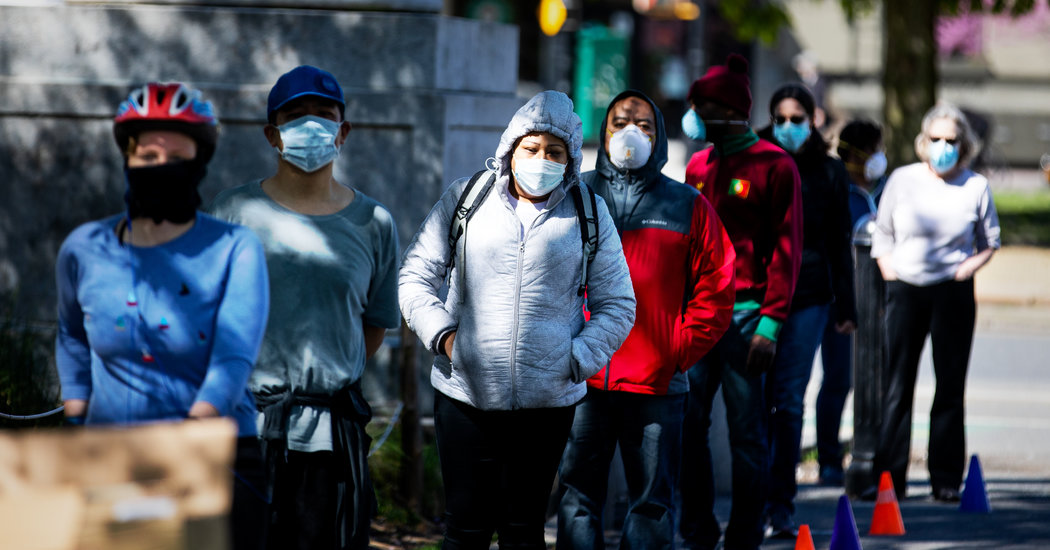How the Coronavirus Attacks the Brain
It's not just the lungs - the pathogen may enter brain cells, causing symptoms like delirium and confusion, scientists reported.
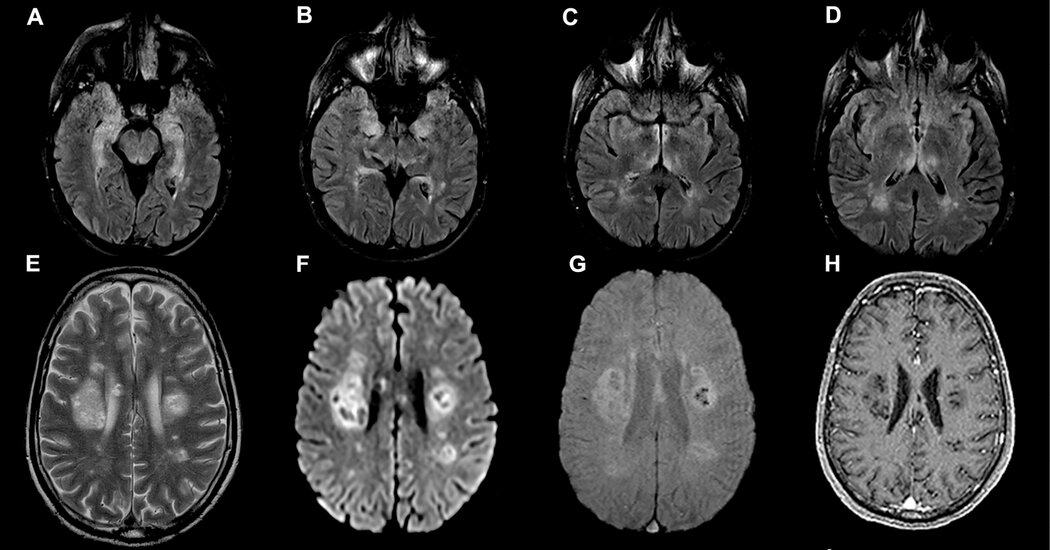
Send us a link
It's not just the lungs - the pathogen may enter brain cells, causing symptoms like delirium and confusion, scientists reported.

The coronavirus is spiking around campuses from Texas to Iowa to North Carolina as students return.

We aren't very good at discussing trade-offs, but we need to make some during this pandemic.
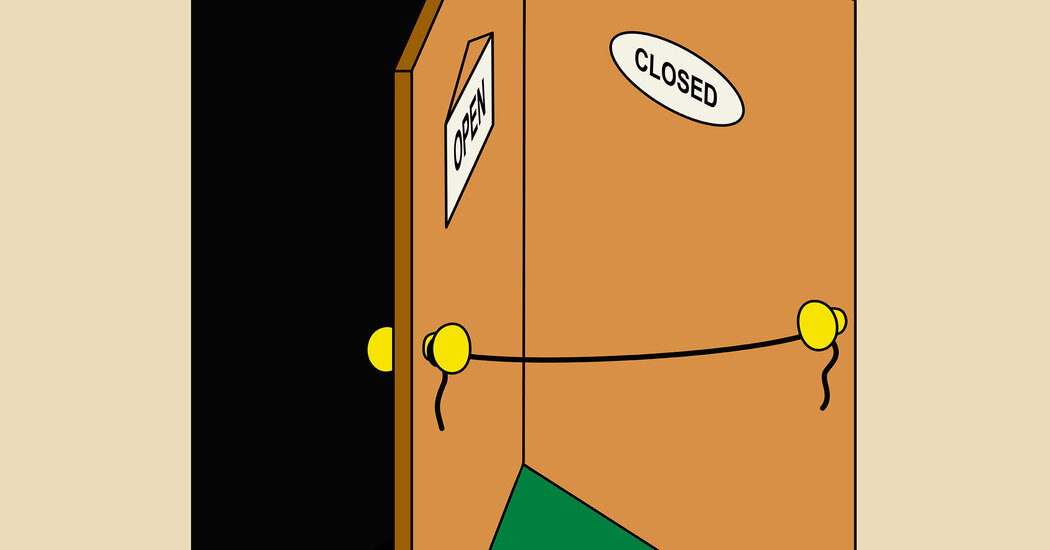
On the far side of the universe, a collision of dark giants sheds light on an invisible process of cosmic growth.

Impatient for a coronavirus vaccine, dozens of scientists around the world are giving themselves - and sometimes, friends and family - their own unproven versions.
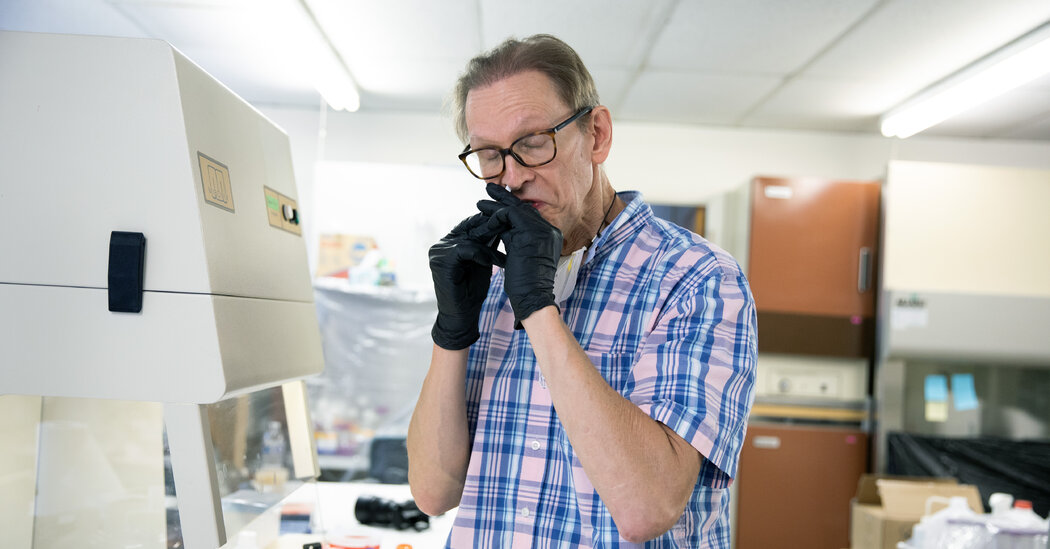
Most antibody tests are useful only for large population surveys, diagnosis in certain children or when initial diagnostic testing fails, according to an expert panel.
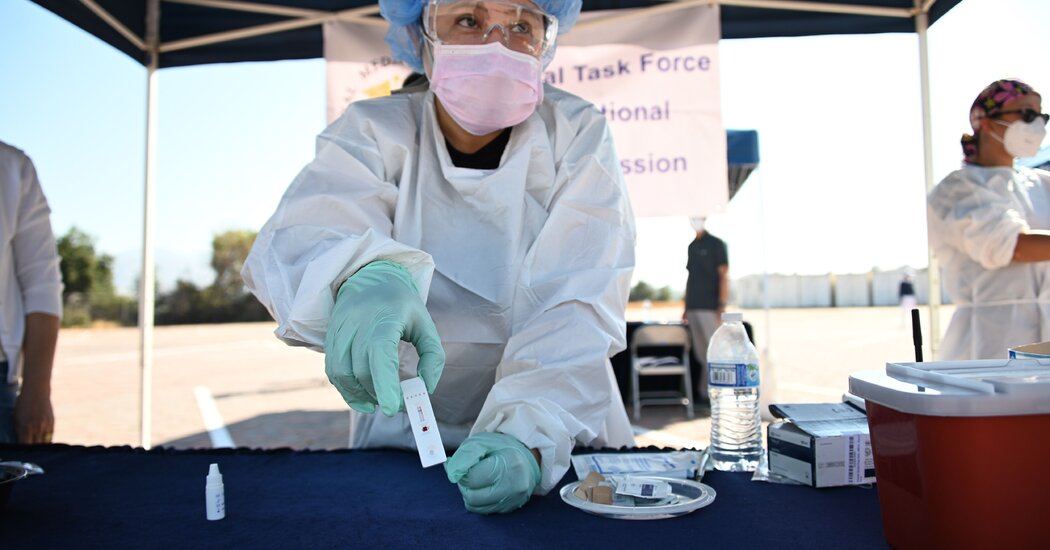
Government health leaders including Dr. Francis S. Collins and Dr. Anthony S. Fauci urged caution last week, citing weak data from the country's largest plasma study.
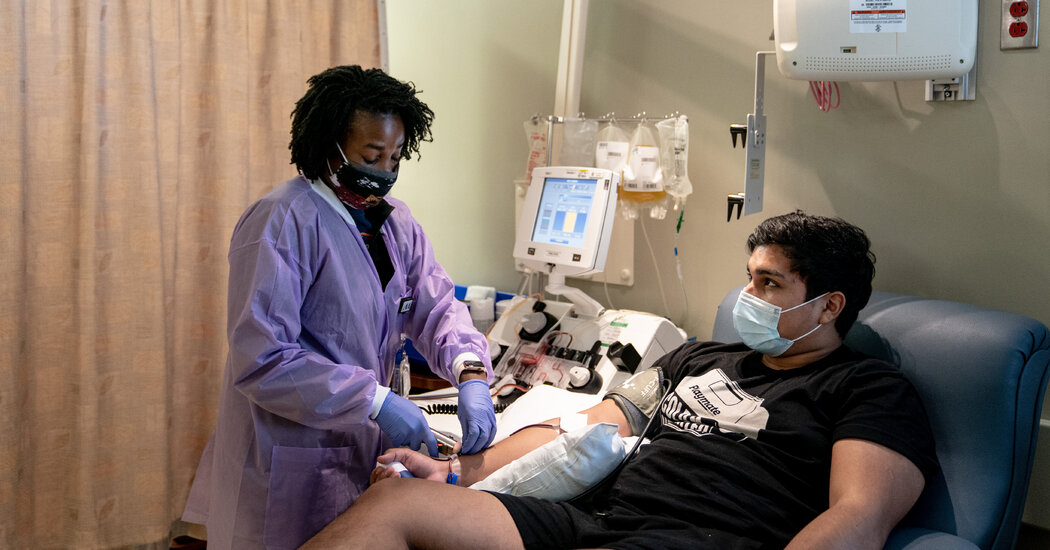
Schools face rising demands for tuition rebates, increased aid and leaves of absence as students ask if college is becoming "glorified Skype."

Airborne viruses play a significant role in community transmission, many experts believe. A new study fills in the missing piece: The floating virus can infect cells.
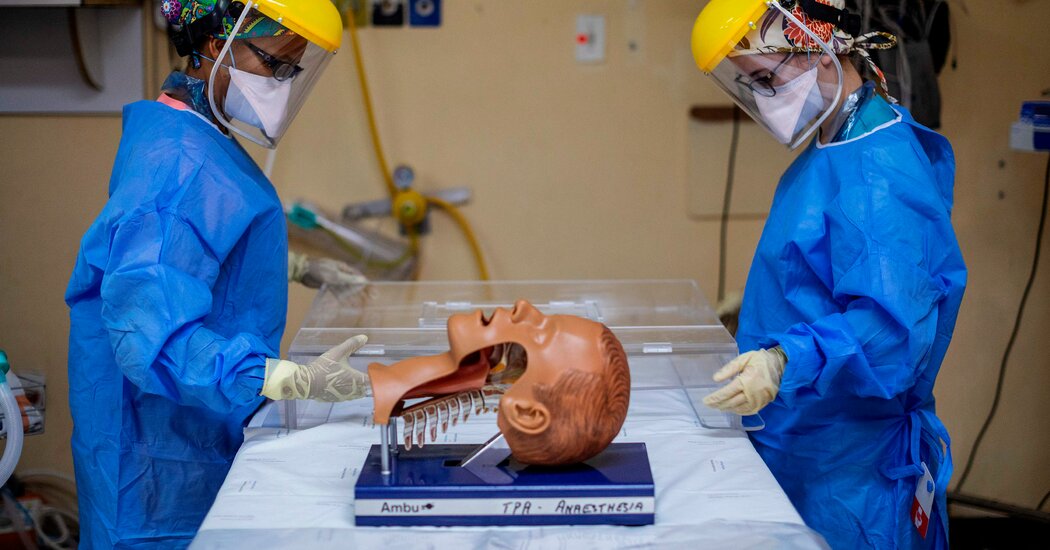
Most people won't spread the virus widely. The few who do are probably in the wrong place at the wrong time in their infection, new models suggest.

Don't worry, a little Bayesian analysis won't hurt you.

Scientists need to show us the data. And that's exactly what they're working on.
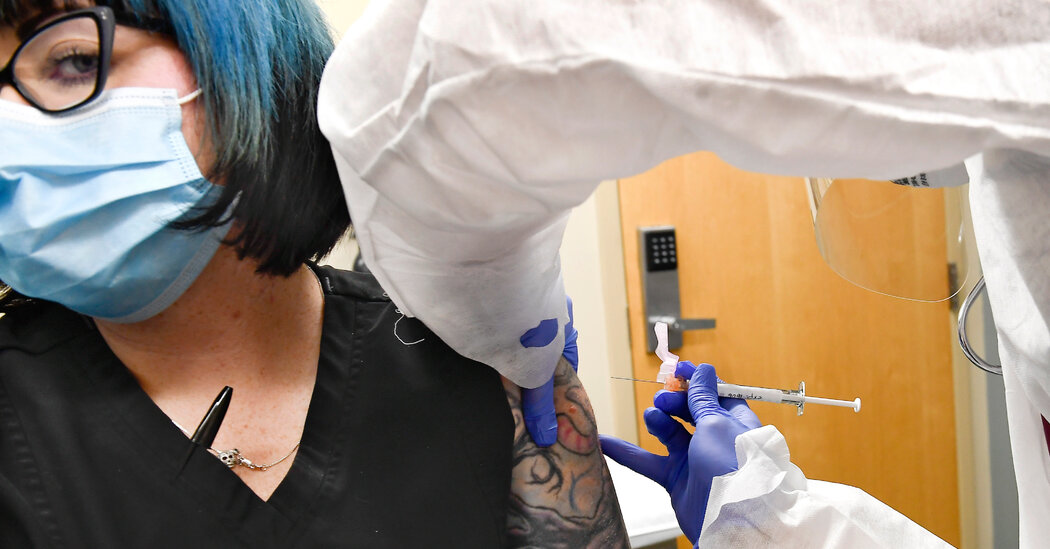
Tuberculosis kills 1.5 million people each year. Lockdowns and supply-chain disruptions threaten progress against the disease as well as H.I.V. and malaria.
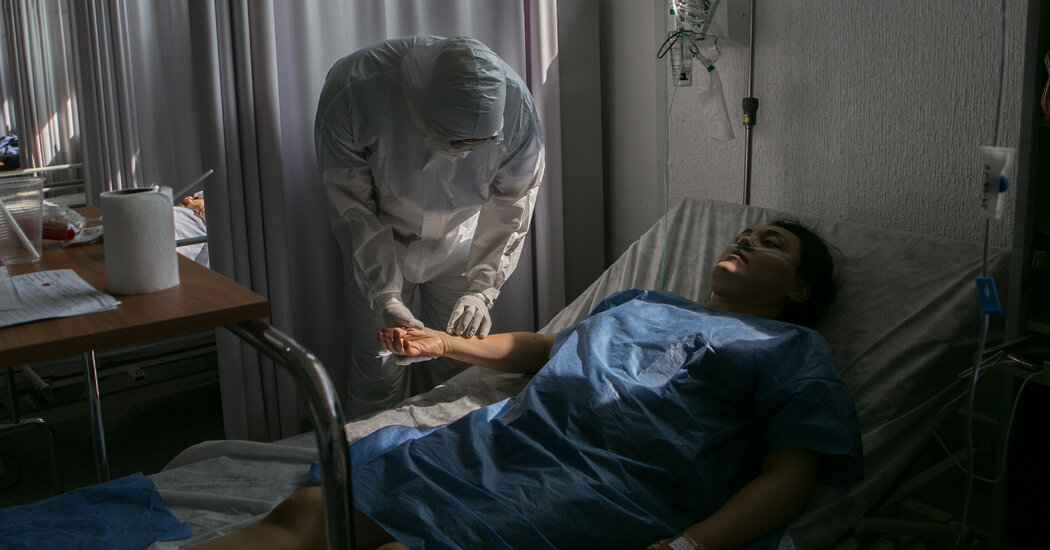
Transmission through aerosols matters - and probably a lot more than we've been able to prove yet.
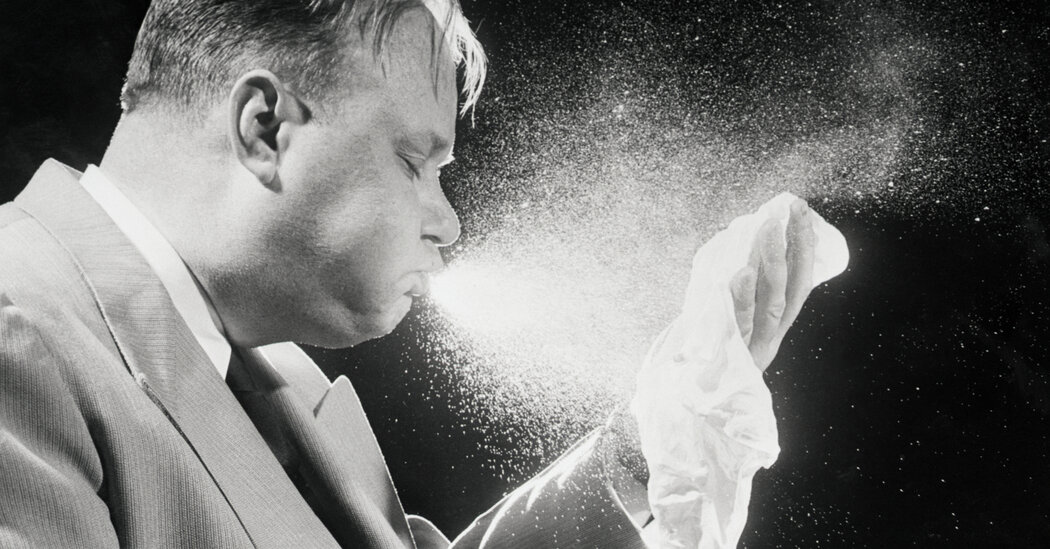
Scientists say such tests could be available in a few years, speeding research for treatments and providing a diagnosis for dementia patients who want to know if they have Alzheimer's disease.
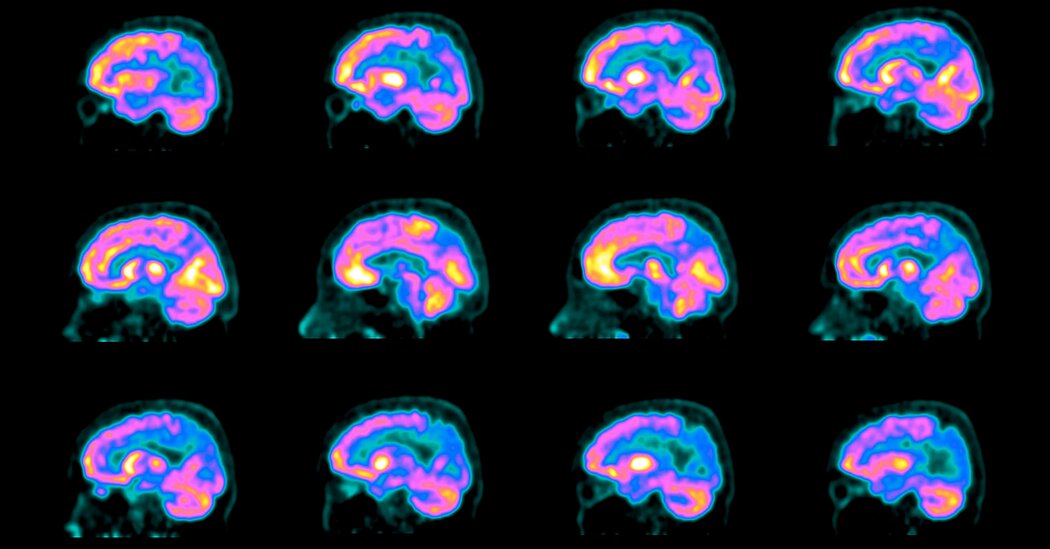
Declining antibody levels do not mean less immunity, experts say. Besides, two widely used tests may detect the wrong antibodies.
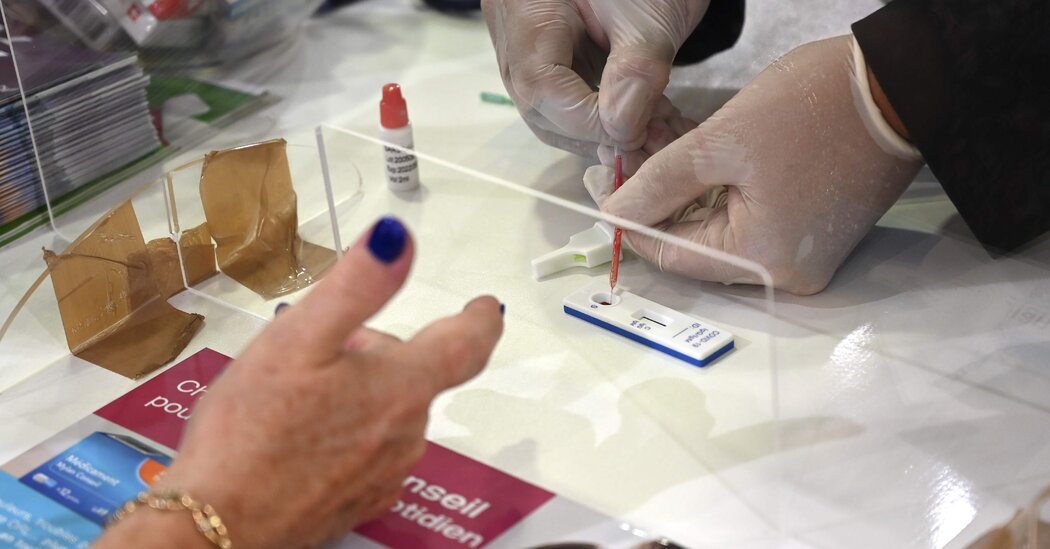
They buzz. They hover. Sometimes they sting. But how much do you really know about these insects that can menace our summers?
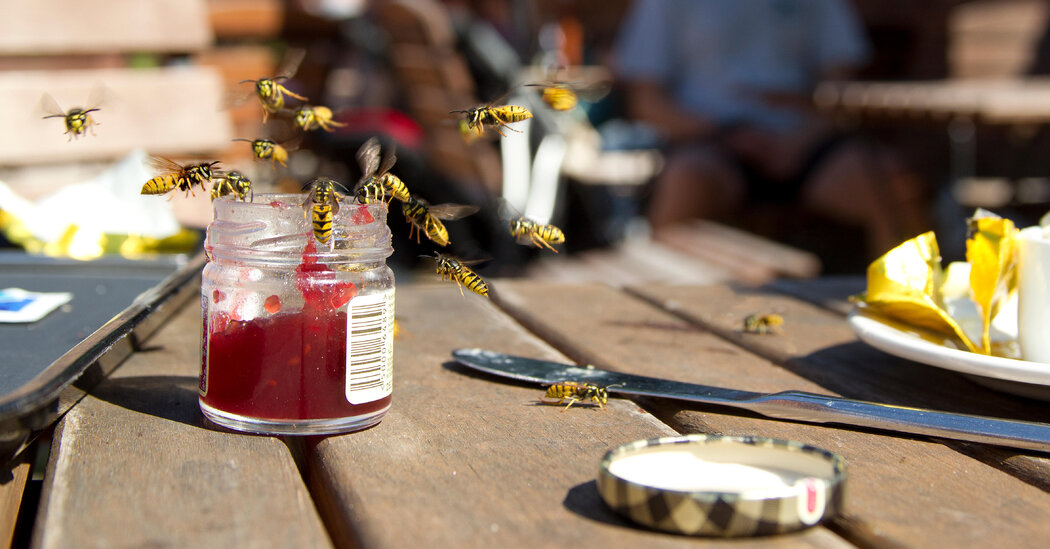
Just weeks after resolving shortages in swabs, researchers are struggling to find the chemicals and plastic pieces they need to carry out coronavirus tests in the lab - leading to long waiting times.
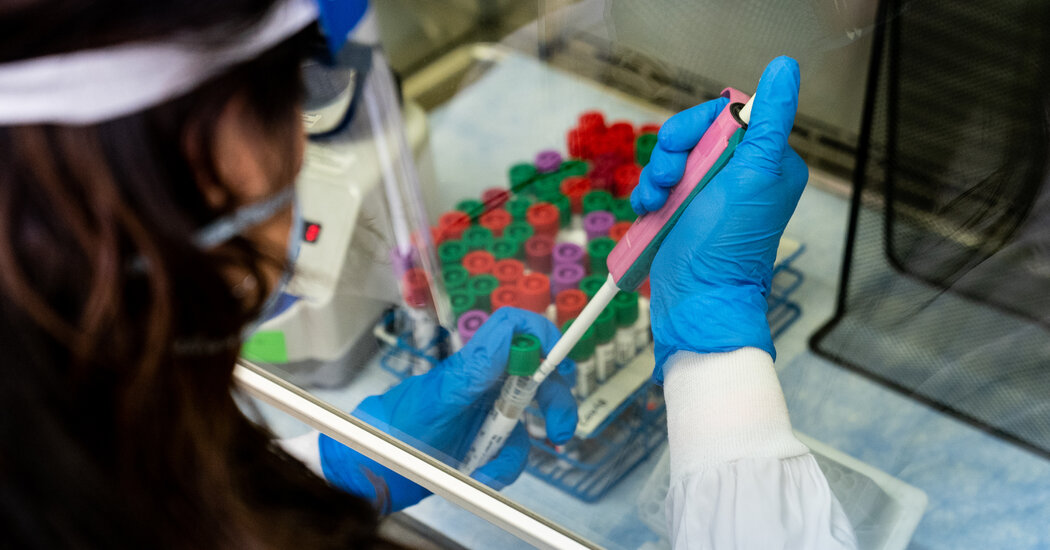
Scientists and journalists need to establish a service to review research that's publicized before it is peer reviewed.

New federal data provides the most comprehensive view to date of how Black and Latino people have been likelier than their white peers to contract the virus and die from it.
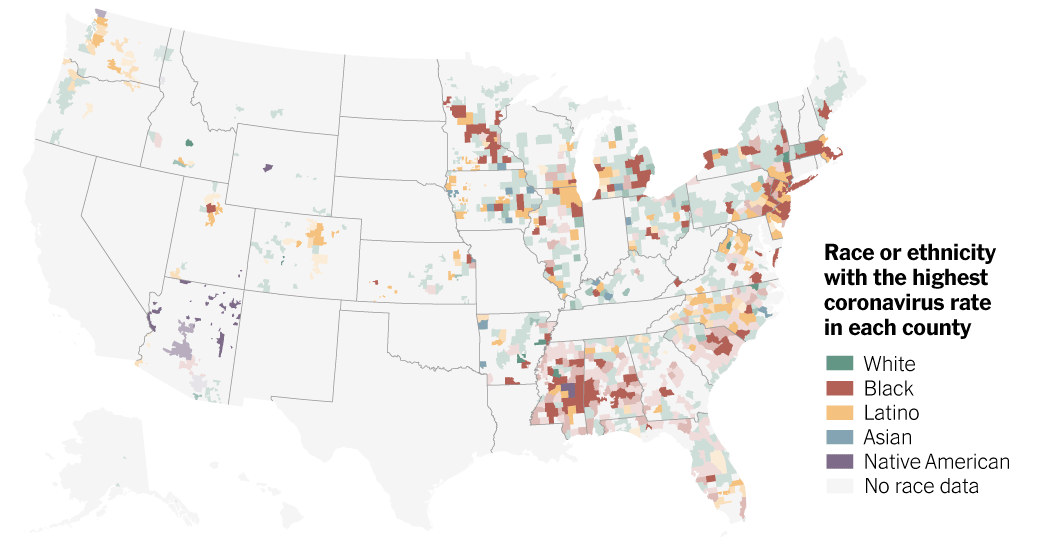
Most universities plan to bring students back to campus. But many of their teachers are concerned about joining them.

In what may be the first known case of its kind, a faulty facial recognition match led to a Michigan man's arrest for a crime he did not commit.
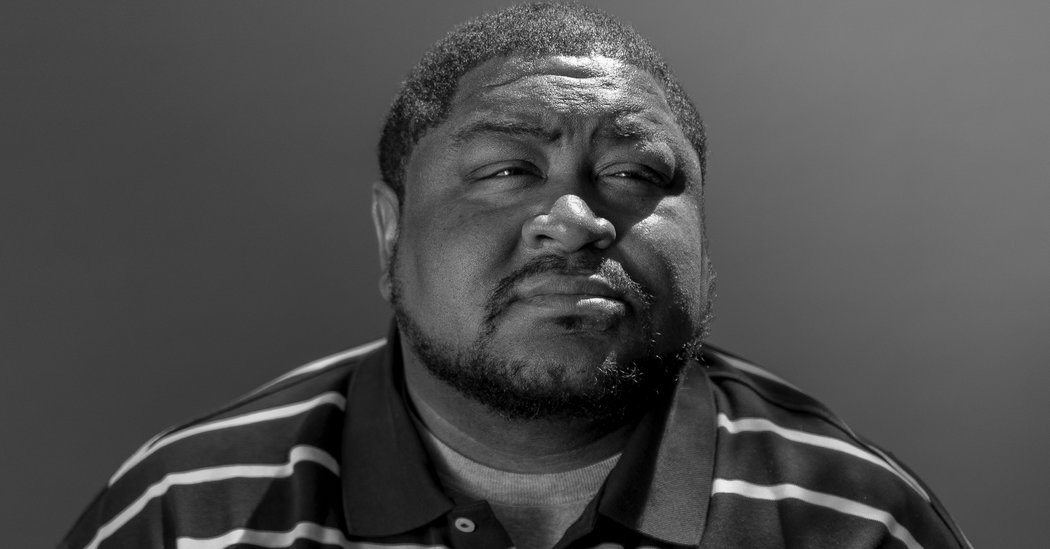
European Union officials are racing to agree on who can visit the bloc as of July 1 based on how countries of origin are faring with new coronavirus cases. Americans, so far, are excluded, according to draft lists seen by The New York Times.
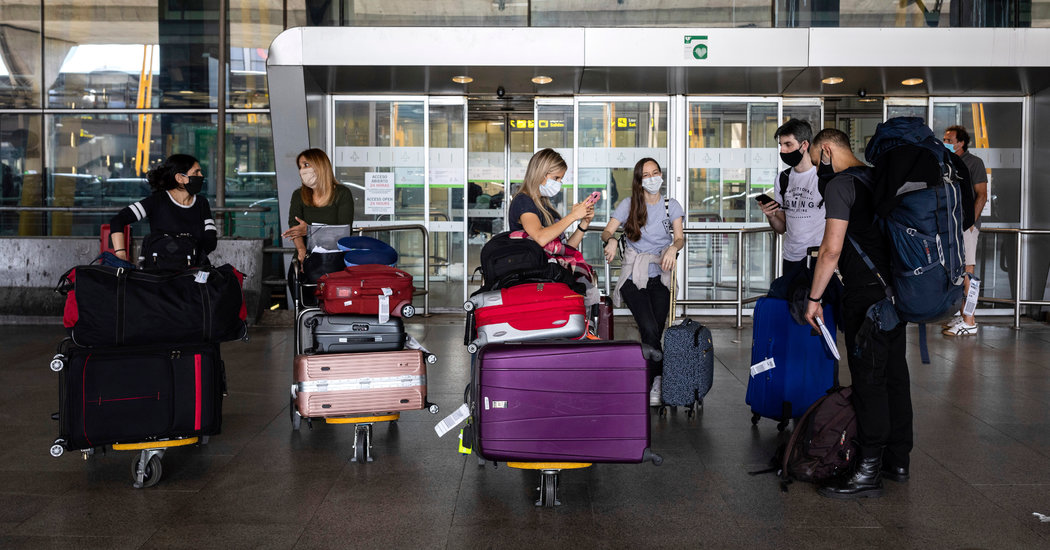
Racism is at the heart of the United States' inequality.

A report on masks relied on unfounded assumptions, researchers charged, and the authors were permitted to choose their own reviewers.
